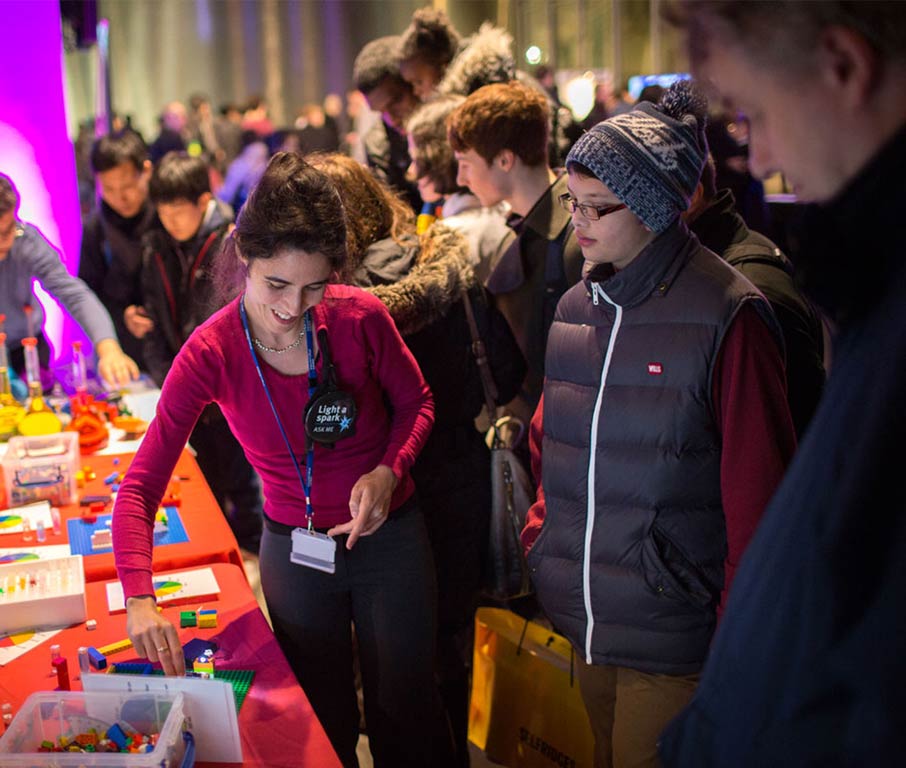All CDT research projects involved multidisciplinary research. Each PhD student worked with a team of supervisors, bringing complementary expertise to their training programme. Projects typically brought one or more technological approaches together with neuroscience expertise to solve an important problem underlying brain disorders.
Technology themes in the CDT included:
- Microelectronics, devices & biosensors
- Optical & genetic neurotechnology
- Computational modeling and data analysis tools
- Neuroprosthetics & neural interface technology
- Robotics & human-machine interaction
- Imaging
applied to health themes including:
- Diagnostics & clinical monitoring
- Modulation of peripheral disease-controlling neural circuits
- Brain repair & neuroregeneration
- Brain circuits in health & disease
- Rehabilitation & augmentation
- Lifelong health & well-being
CDT projects addressed diseases or disorders including age associated disease, ALS, Alzheimer's, cancer, cerebral palsy, CNS, dementia, hearing impairment, multiple sclerosis, neurotrauma, Parkinson's, psychiatric disorders and stroke.
Brexit - how will it affect me?
Contact us
Centre Manager
Kate Hobson
Email: k.hobson@imperial.ac.uk
